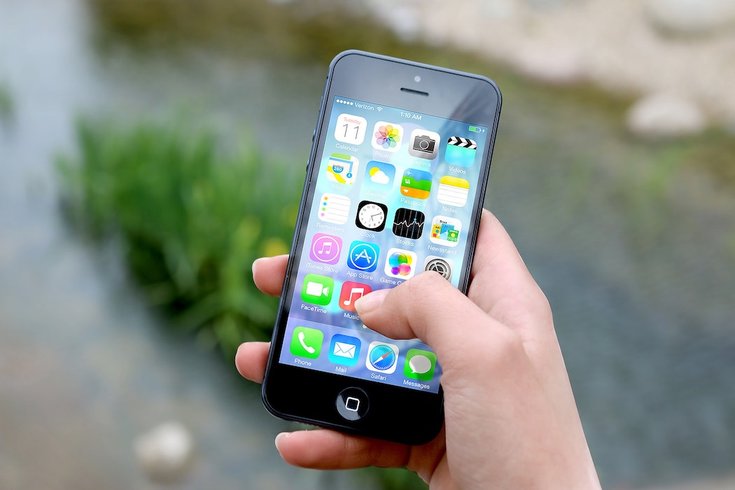
October 29, 2018
 JESHOOTS/Pexels
JESHOOTS/Pexels
A low-income population lost a noteworthy amount of weight while using a habit-tracking app.
Stress is something everyone experiences from time to time — it’s a fairly unavoidable aspect of life.
Chronic stress, linked biologically to obesity, leads to health disparities such as obesity-inducing inactivity, the American Psychology Association reports.
While this is a historically difficult-to-treat issue, a new study found a significant amount of weight loss in a low-income group through a free phone app. According to the study’s lead author, Gary Bennett, a professor of psychology and neuroscience at Duke University, the research is among the first to ever report weight loss in a low-income population.
“This study shows we can help patients who are most at risk by embedding treatment in primary care settings and keeping patients engaged using a simple app,” Bennett says.
RELATED READ: New app helps you find drinking water near you
In the study, published in the "American Journal of Preventative Medicine," patients in a primary care clinic used a free app called Track to monitor behavioral changes. But weight wasn't lost just through the app as in-clinic doctors provided guidance and dietitians followed up with health coaching calls. In fact, patients who used the tracking app and received coaching calls fared much better than a control group that only received routine care.
Forty-three percent of participants lost more than five percent of their body weight over the course of a year, with waist sizes and blood pressure decreasing. An even larger number of participants — 56 percent — lost at least three percent of their body weight over 12 months, a healthy amount of weight loss according to doctors.
The study provides promise for the ability of primary care institutions to provide effective weight loss treatment in-house, as they “rarely offer effective weight-loss treatment, and very few studies have measured delivery of a weight loss app in such setting,” Futurity noted.
Researchers focused on obese individuals living in rural areas who were sick — as obesity is typically joined by other health issues. Many study participants were dealing with diabetes, hypertension and cholesterol.
The findings are particularly noteworthy because previous obesity treatments were for healthy individuals motivated to lose weight. “We’ve shown an ability to promote clinically meaningful weight loss among patients who need help the most, those with low motivation who already have the health risks associated with obesity,” Bennett said.
A new age of digital treatments is upon us. There’s an app for everything these days, from those helping you find parking to those that will scan and quantify nutritional value in foods, so it makes perfect sense for an app to help battle the massive public health concern that is obesity.